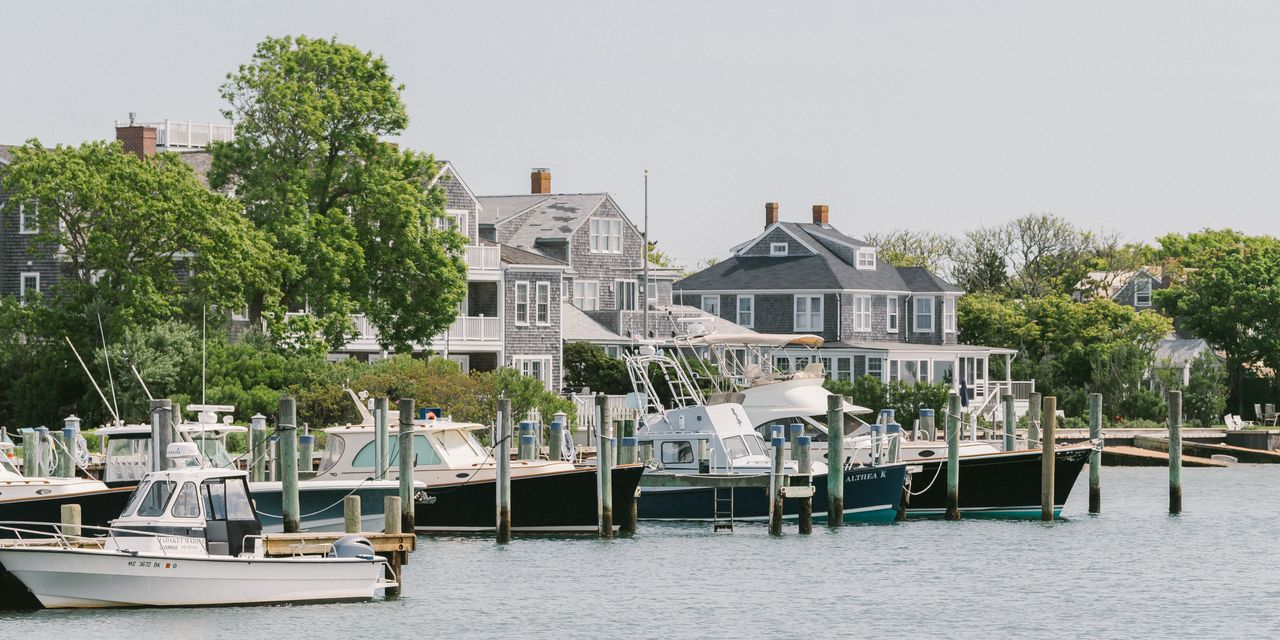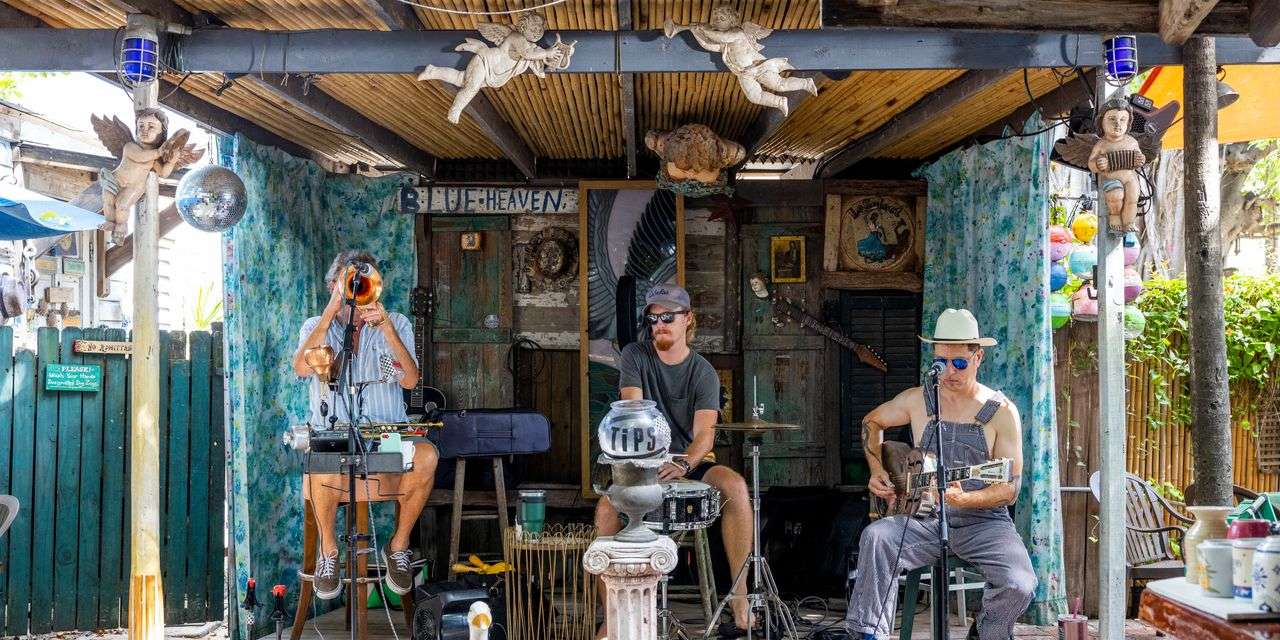On Saturday morning on Nantucket, a 48-square-mile island off the southern coast of Massachusetts, nearly 1,000 registered voters streamed into four large white tents erected on a playing field behind the elementary school. They were there for the annual Town Meeting, where they voted, as Nantucketers have for centuries, directly on issues facing the community. Every chair was taken and latecomers sat on the grass or in beach chairs. Children did somersaults in the sunshine and islanders passed around cookies and guffawed at the dry humor of Town Meeting Moderator Sarah Alger.
The jovial atmosphere belied the tensions surrounding one of the items on the agenda: Article 90, a proposal to significantly reduce the number and duration of short-term rentals on the island.
Debate over the proposal quickly turned tense. Article 90 sponsor Tobias Glidden, a 33-year-old full-time resident whose family has owned Glidden’s Island Seafood since 1898, gave an emotional speech defending the proposed bylaw. He said investors who own short-term rentals “are extracting money from the island like they’re extracting squid from our local waters.”
Another year-round resident, Linda Williams, called Article 90 “abhorrent,” saying her 82-year-old uncle depends on income from short-term rentals to maintain the family’s longtime seasonal house on the island. “We may lose my family’s summer home,” she said.
On the sidelines, unable to vote because neither is a full-time resident, were two men whose power and wealth helped fuel the battle over the proposal, which has created a painful community rift.






